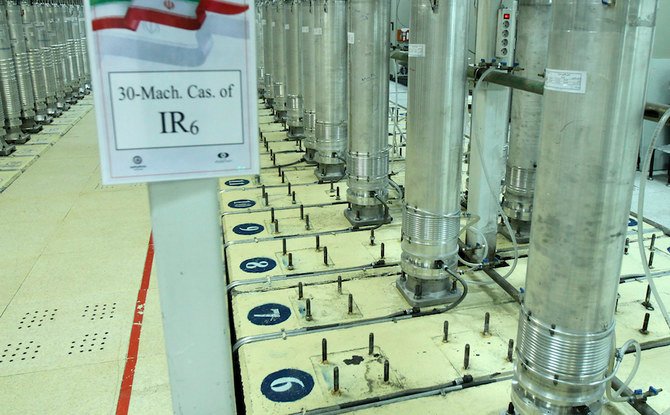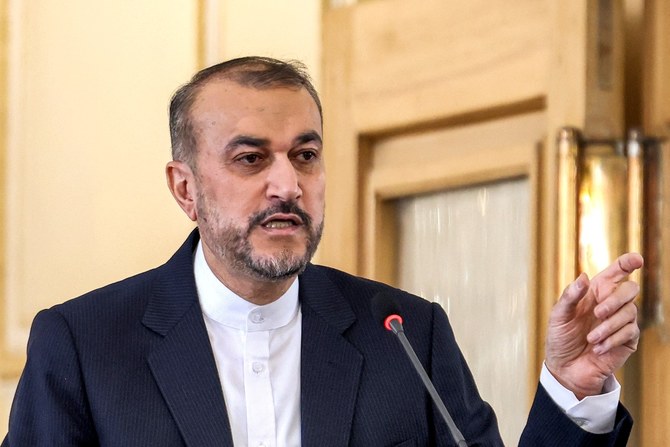Daoud Kuttab
AMMAN, Jordan: Iran’s flagship Natanz nuclear research plant was crippled on Sunday by what was claimed to be an Israeli sabotage cyberattack.
The attack took place a day after Iran launched new advanced uranium enrichment centrifuges at the desert site in the central province of Isfahan.
The plant suffered a catastrophic loss of power in what Iran’s nuclear chief Ali Akbar Salehi said was an act of “nuclear terrorism.”
The attack was carried out by “opponents of the country’s industrial and political progress, who aim to prevent development of a thriving nuclear industry,” he said.
Iranian officials said no one had been injured in the attack, and there was no leak of radioactive material.
Israeli media said the Mossad spy agency had carried out the cyberattack, and the damage was more extensive than Iranian authorities had admitted.
The Natanz plant was also hit by a fire in July last year, which Iran said was an attempt to sabotage its nuclear program.
The Stuxnet computer virus, widely believed to have been developed by the US and Israel, was discovered after it was used to attack Natanz in 2010.
Iran has also blamed Israel for last year’s killing of nuclear scientist Mohsen Fakhrizadeh, who Western intelligence services believe was the mastermind of a covert Iranian nuclear weapons program.
The new attack on Natanz comes amid efforts by Tehran and Washington to revive Iran’s 2015 nuclear deal with major powers after Donald Trump abandoned it three years ago and reimposed sanctions.
US Defense Secretary Lloyd Austin visited Israel on Sunday in an attempt to calm Israeli unease over the revival of the deal, the Joint Comprehensive Plan of Action (JCPOA). Israeli officials have long threatened military action against Iran if they believe diplomacy has failed.
Analysts told Arab News the visit was aimed at helping the US return to the JCPOA. “President Joe Biden is worried that Israeli Prime Minister Benjamin Netanyahu would like to escalate the situation in the Gulf, with the aim of torpedoing the eventual return to the Iran nuclear deal,” said Lamis Andoni, an analyst in Amman.
Maamoun Abu Nawwar, a former Jordanian air force general, said: “The fact that the first senior official from the Biden administration to visit Israel is a military man is a clear sign that they are hoping he will address the potential of a dangerous escalation … between Israel and Iran.”
Barak Ravid of the US news website Axios said: “Austin will try to make sure there is a ‘no surprises’ policy when it comes to Iran, and will try to reassure the Israelis about the nuclear talks. The Biden administration wants to make sure tensions in the region do not escalate in a way that sabotages the nuclear talks.”






















